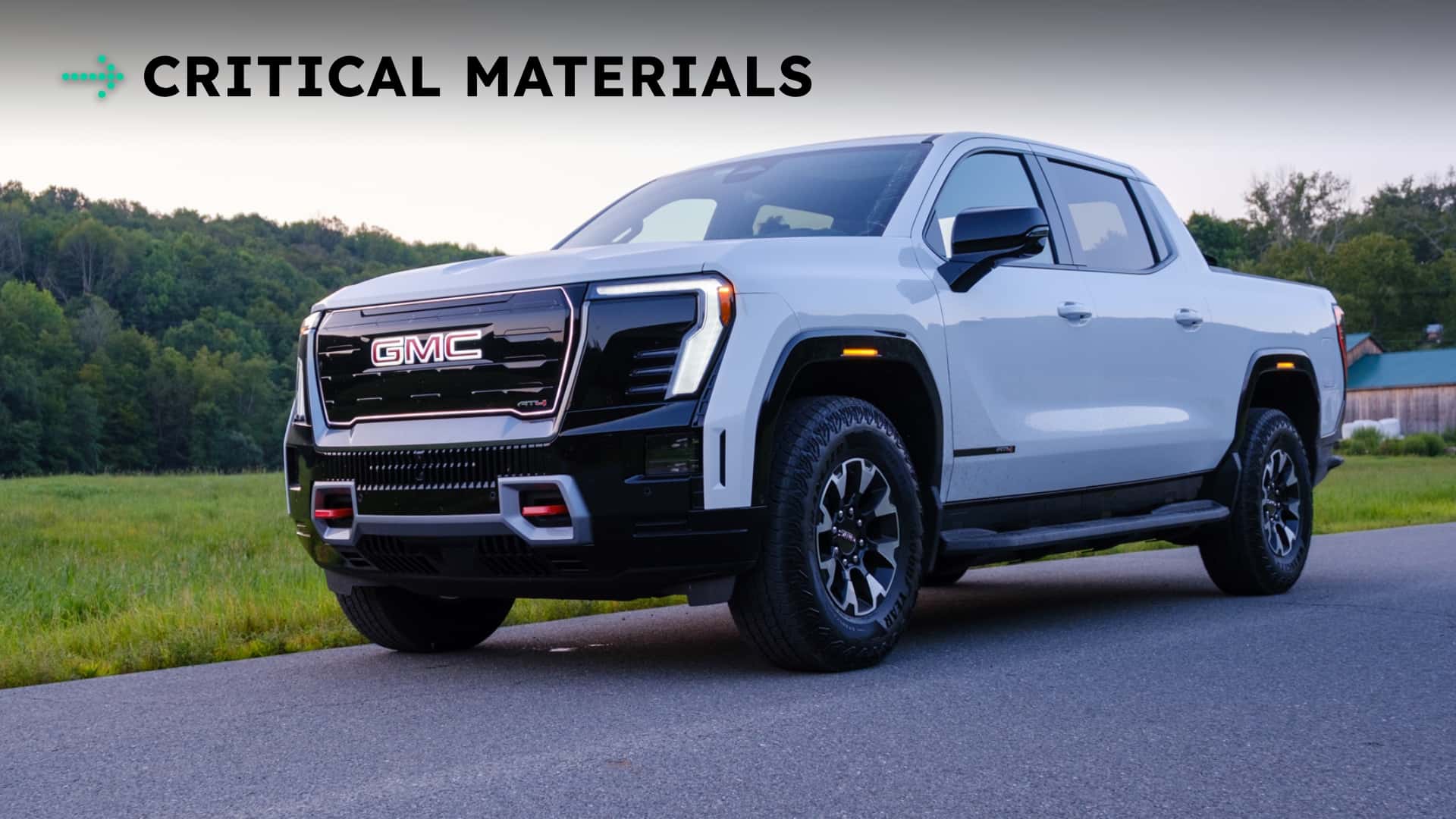
"Full-size trucks have gotten enormous over the last few decades. And, sure, that's annoying when you're trying to sneak your cruise ship of a truck past a double-parked Uber. But it's an even more supersized challenge for automakers trying to pivot to electric vehicles."
"Back in 2022, Ford kicked off production of the F-150 Lightning. This felt like a watershed moment in the industry, and in a lot of ways, it was. America's best-selling vehicle-the F-Series truck-was going battery-powered, and the general thinking was that EVs would explode into the mainstream as a result."
"Electric pickups in general have not taken off. Electric trucks are really expensive, thanks to their giant batteries. Real truck stuff like towing and hauling can deal a big blow to range."
Full-size trucks have grown significantly over the decades, making urban navigation a challenge. Automakers face hurdles transitioning to electric vehicles due to their size and the costs associated with giant batteries. The launch of the F-150 Lightning by Ford in 2022 was anticipated to significantly boost the EV market, with production plans aiming for 150,000 vehicles annually. However, Ford sold only 86,000 Lightnings, showcasing the struggles of electric pickups. Their high expense and limited range, particularly when used for tasks like towing, contribute to slow adoption rates.
Read at InsideEVs
Unable to calculate read time
Collection
[
|
...
]